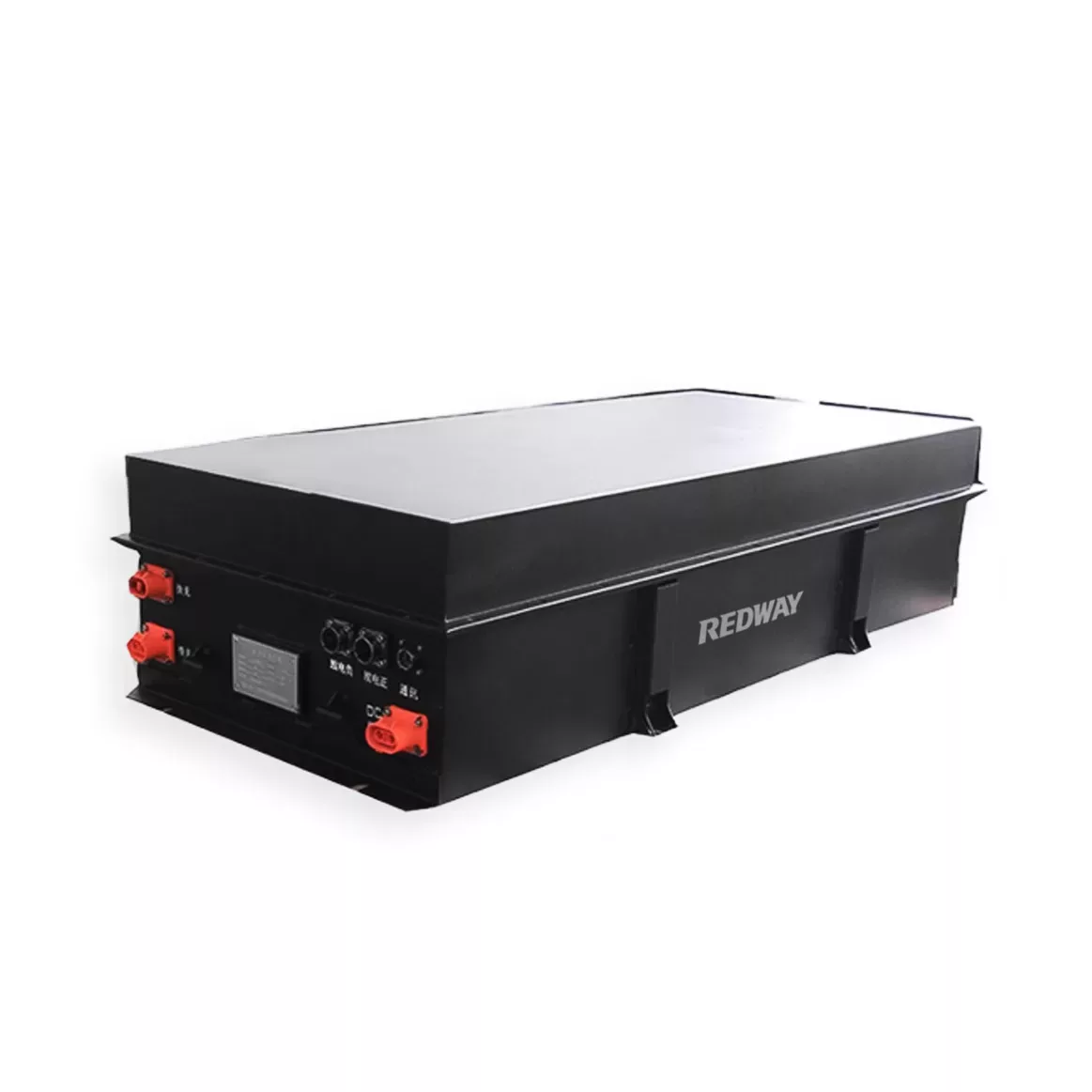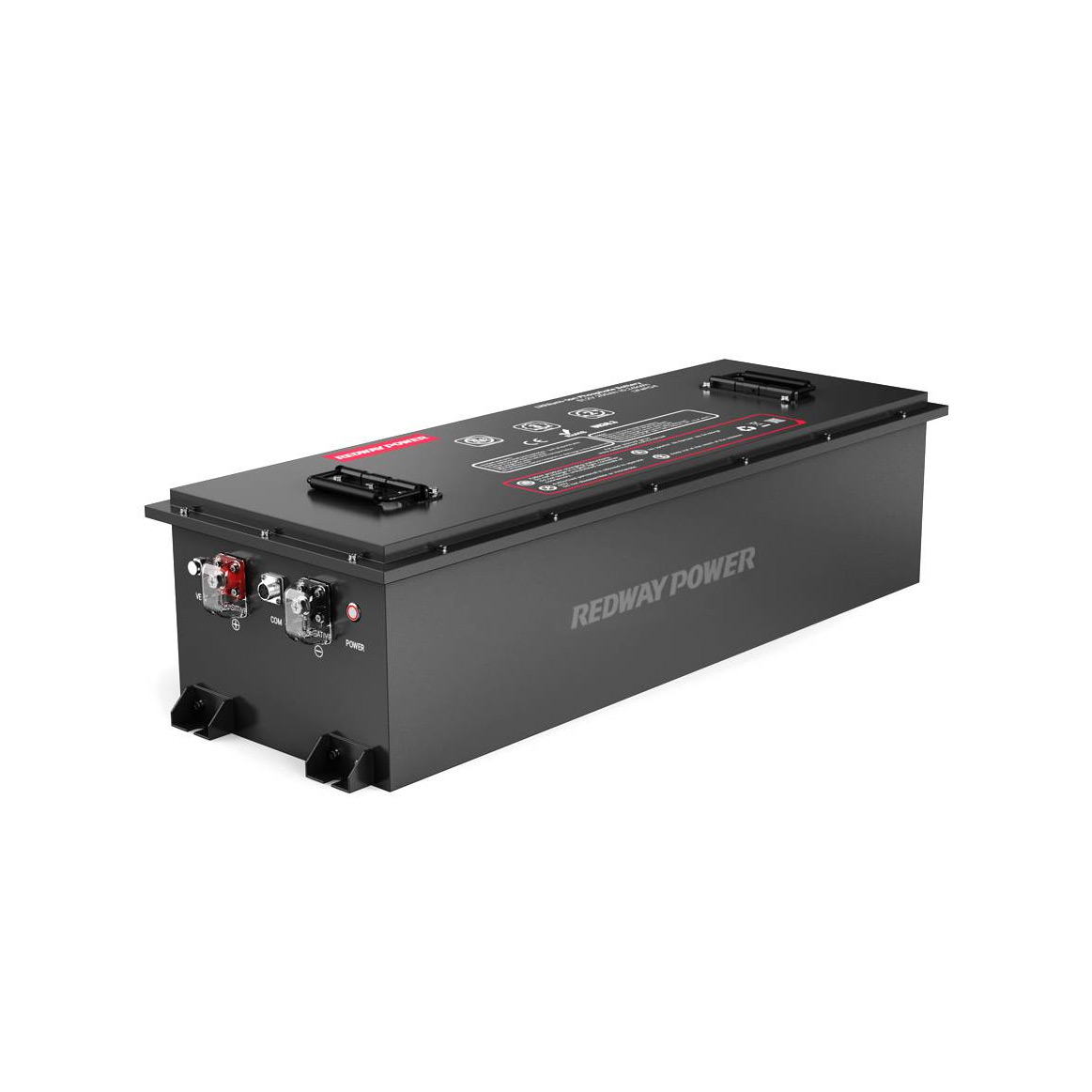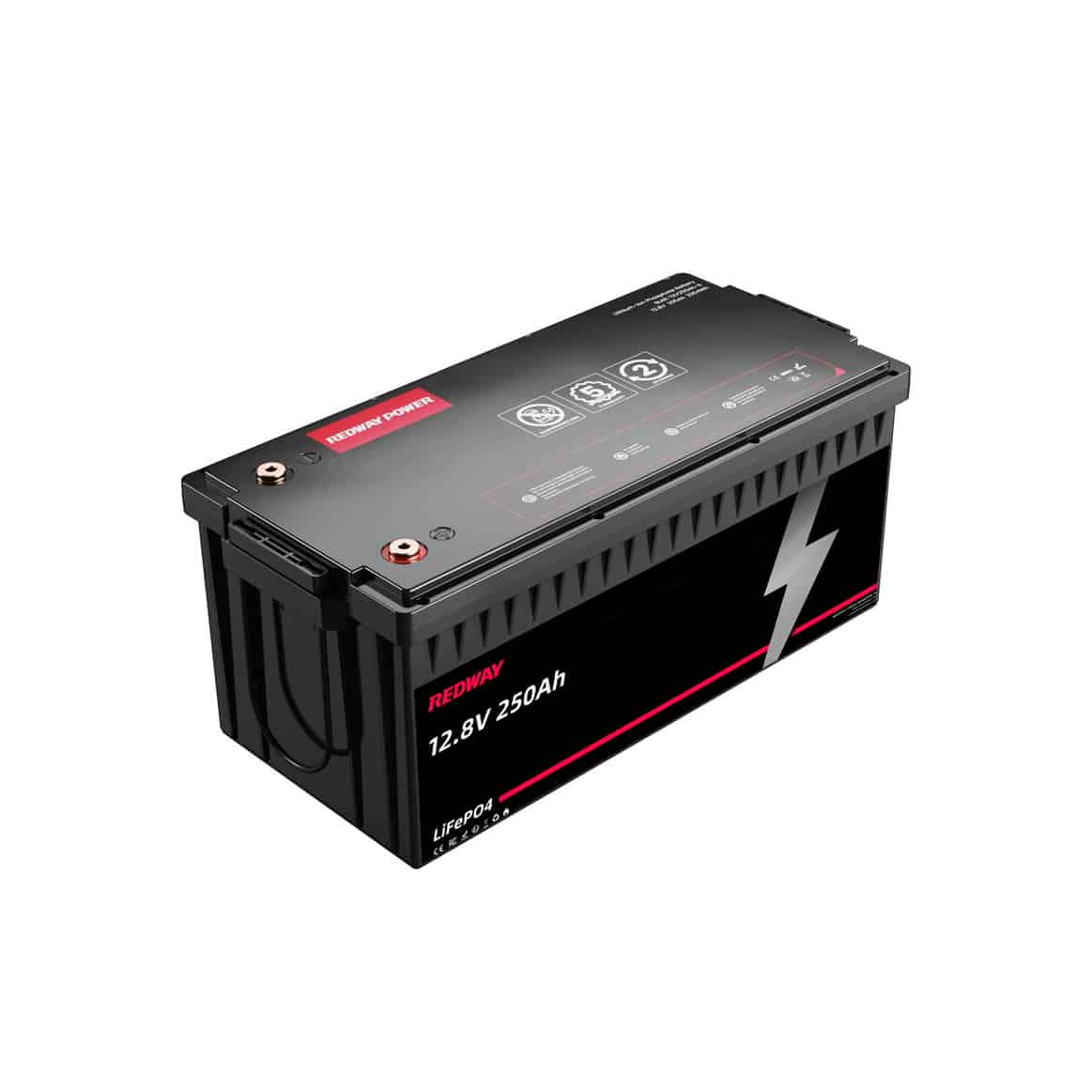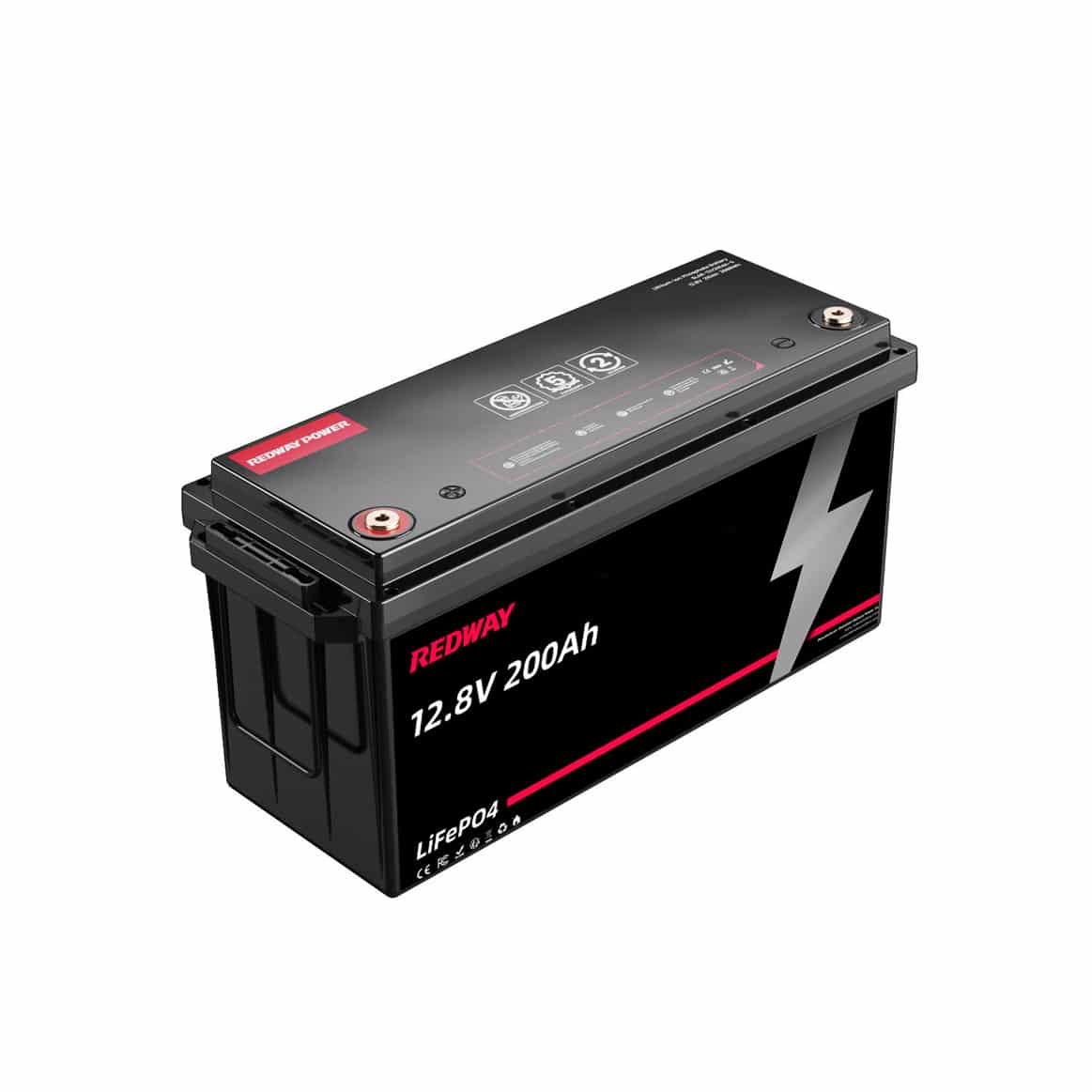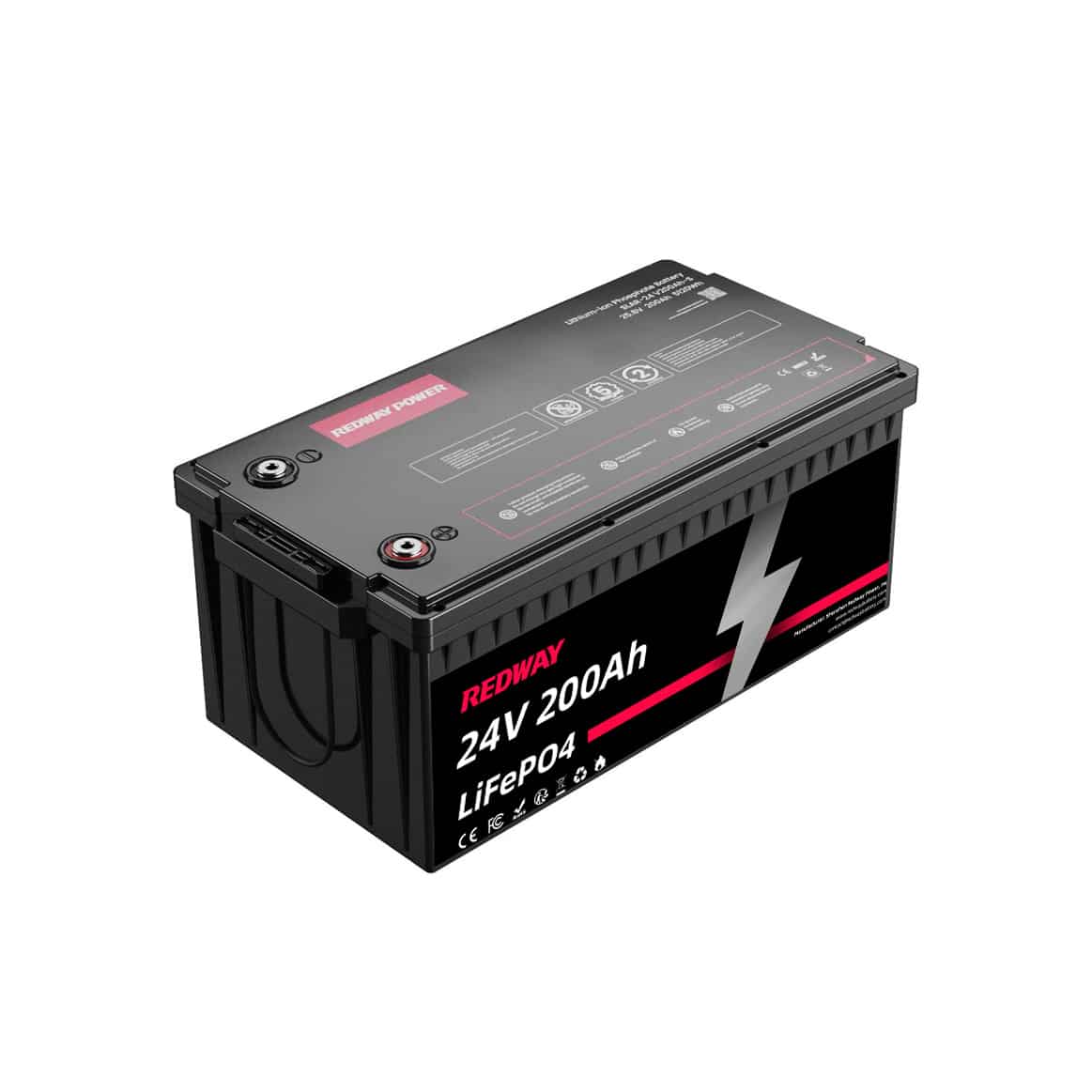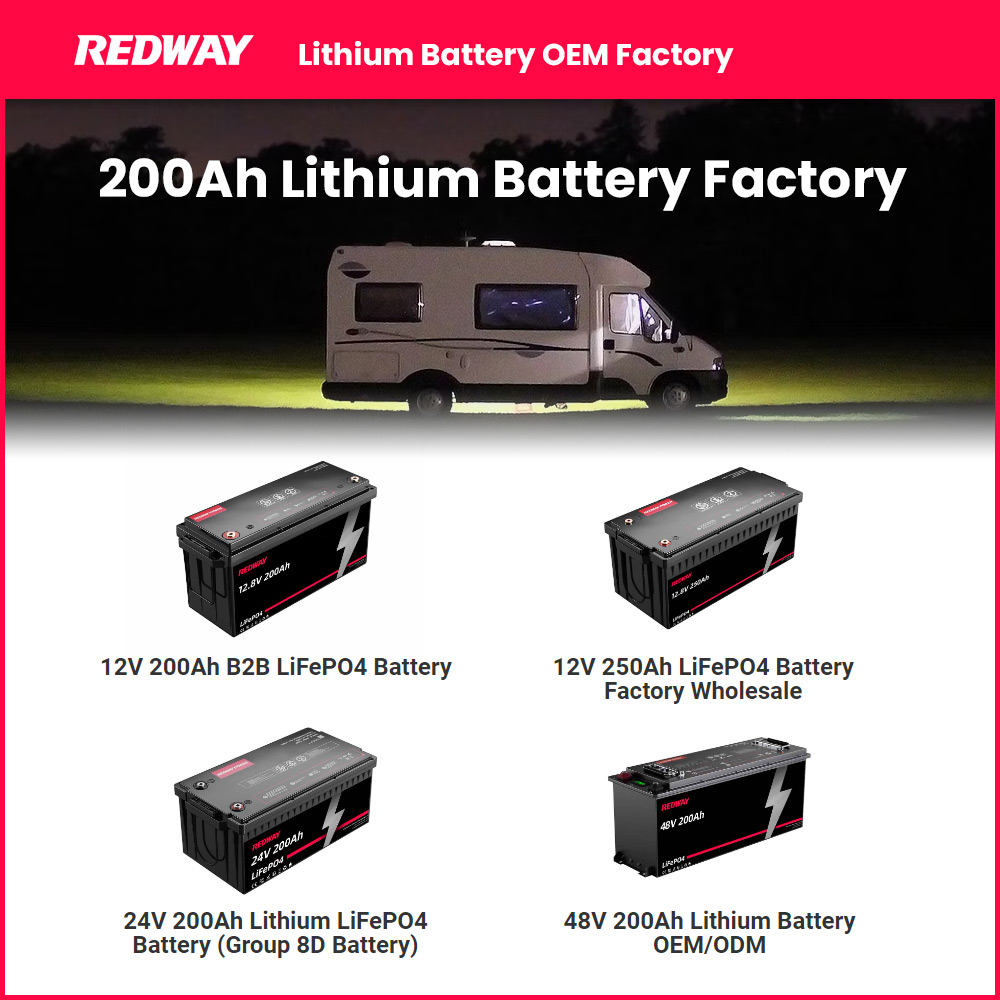Product Cateogries
200ah Lithium Battery Factory
Redway Battery takes pride in being a leading 200Ah Lithium Battery Factory, dedicated to manufacturing top-tier lithium batteries with a 200Ah capacity. Our factory stands at the forefront of technological innovation, producing lithium batteries that excel in performance, longevity, and safety. As a reliable and experienced manufacturer, we prioritize precision engineering and adhere to stringent quality control measures to ensure our 200Ah lithium batteries meet the highest industry standards. Whether for use in solar energy systems, electric vehicles, or other applications, our factory is committed to delivering cutting-edge and reliable energy storage solutions. Choose Redway Battery for a seamless blend of quality, innovation, and excellence in 200Ah lithium battery manufacturing.
🔥 Big Deals 🔥
Factory Wholesale
from China OEM Manufacturer!
Discover the exceptional performance of Redway Battery’s 12/24/36/48/60/72/96V LiFePO4 Batteries! Up to 6000 times deep cycles (DOD 80%). Perfectly suited for various applications, such as Energy storage, RVs, Solar systems, Marine vessels, Yachts, and Emergency power supply needs, our Lithium LiFePO4 Batteries are the reliable choice for all your energy storage requirements. Reach out for a Quick FREE Quote! 👉👉👉
🔥Buy 10 lithium-ion batteries at wholesale prices for the price of 1 or 2 retail batteries.🔥
🔥We proudly do OEM contract manufacturing for many big brands.🔥
What are the advantages of using a 200Ah lithium battery?
The 200Ah lithium battery provides high energy density for efficient storage in a compact size, a long lifespan (2000-6000 cycles), fast charging capabilities, and low self-discharge rates. Additionally, these batteries are lightweight and require minimal maintenance, making them ideal for solar energy systems and electric vehicles.
How do I choose a reliable manufacturer or factory for 200Ah lithium batteries?
To choose a reliable manufacturer, look for companies with strong reputations, positive customer reviews, and relevant safety certifications (like IEC62619 and ROHS). Ensure they offer warranties and customization options. Established manufacturers like Redway Power, SAKO Power, and Battle Born Batteries are recognized for quality.
What are the key specifications of a typical 200Ah lithium battery?
A typical 200Ah lithium battery has:
- Nominal Voltage: 12V or 48V
- Capacity: 200Ah
- Energy Storage: 2.4kWh (12V) or 9.6kWh (48V)
- Weight: Approximately 50-60 lbs (22-27 kg)
- Dimensions: Around 600mm x 400mm x 200mm
- Continuous Discharge Current: Up to 100A
What applications are best suited for 200Ah lithium batteries?
200Ah lithium batteries are ideal for solar energy storage systems, electric vehicles, backup power solutions, and off-grid living. Their high capacity and efficiency make them suitable for both residential and commercial use.
Can I customize my order of 200Ah lithium batteries?
Yes, many manufacturers offer customization options for 200Ah lithium batteries, allowing you to tailor specifications like capacity, terminal types, and additional features to meet your specific requirements.
How do I ensure quality when purchasing from a manufacturer or factory?
To ensure quality, select reputable manufacturers with positive reviews. Request product certifications, inquire about warranty policies, and consider obtaining samples for testing before placing larger orders.
What are the typical costs associated with 200Ah lithium batteries?
Typical costs for a 200Ah lithium battery range from $1,500 to $3,500, depending on the manufacturer and additional features like built-in Battery Management Systems (BMS).
How long does it take to receive an order from a manufacturer or factory?
Shipping times for a 200Ah lithium battery order typically range from 2 to 6 weeks, depending on the manufacturer’s location and order size. It’s advisable to confirm delivery timelines with the supplier when placing an order.
What safety certifications should I look for in a 200Ah lithium battery?
Ensure the battery has safety certifications such as IEC62619, ROHS, CE-EMC, and UN38.3. These certifications confirm compliance with international safety standards and ensure reliable performance.
What are the future trends in lithium battery technology?
Future trends include advancements in energy density, faster charging capabilities, improved safety features, and reduced costs. Innovations in recycling methods and sustainable materials will enhance adoption across various sectors, including renewable energy storage and electric vehicles.

